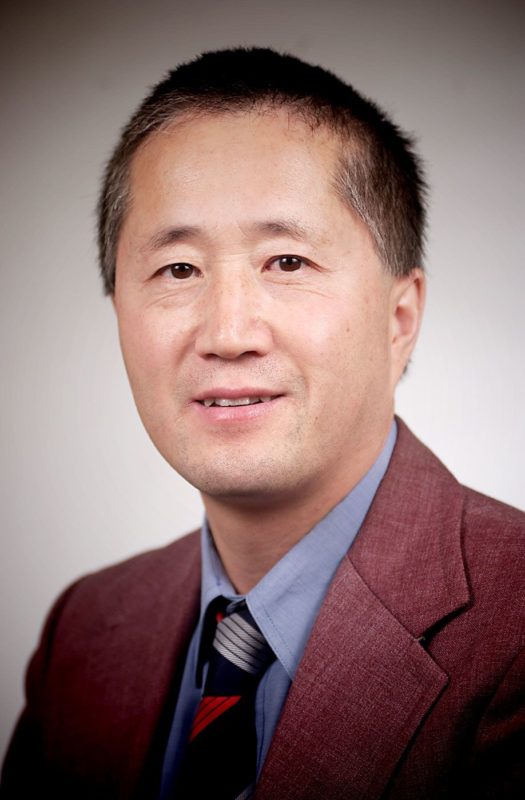Prof. Peng Shi ()
School of Electrical and Electronic Engineering
The University of Adelaide, Australia
View Keynote Recording
Multi-agent Systems consist of a group of autonomous (intelligent) agents with characteristics of cooperation and decentralization. All agents act towards their objective(s) in a shared environment, and is able to communicate each other to coordinate their actions. As the agents often work under complex circumstances, limitations of the hardware that include limited passive sensing and active communication capabilities are likely to be present. As a result of the localization conditions above, the agents need to cooperate in a distributed manner. Formation control, which is one of the most actively studied topics within the domain of multi-agent systems, generally aims to drive multiple agents to reach and maintain a desired formation. Formation control systems have wide applications such as transportations, logistics, search and rescue, surveillance, military patrolling.
Depending on the agents’ sensing and interaction capabilities, a variety of formation control problems and some applications will be introduced in this talk. Specifically, we will provide the analysis and design of distributed formation control strategies under passive sensing and active communication, respectively. To perform formations under complex circumstances, collision avoidance and system robustness problems are also discussed. Examples are used to demonstrate the effectiveness of the proposed techniques.
Prof. Peng Shi received the BSc degree in applied mathematics from Harbin Institute of Technology in 1982, the MSc degree in systems engineering from Harbin Engineering University in 1985, the PhD degree in Electrical Engineering from the University of Newcastle, Australia in 1994. He was awarded the Doctor of Science degree from the University of Glamorgan, UK in 2006, and the Doctor of Engineering degree from the University of Adelaide in 2015.
He is now a professor at the University of Adelaide. Australia. His research interests include automation and robotics, cyber-physical systems, and networked control systems. He has been continuously recognised by Thomson Reuters as a Highly Cited Researcher from 2014-2019 in the fields of engineering and computer science. He has received a number of awards, including the Best Transactions Paper Award from IEEE Systems, Man and Cybernetics Society in 2016.
He is a Fellow of Institute of Electrical and Electronic Engineers, the Institution of Engineering and Technology, and the Institution of Engineers, Australia. He is now a Member of Board of Governor, IEEE SMC Society, and an IEEE Distinguished Lecturer. He was the Chair of Control Aerospace and Electronic Systems Chapter, IEEE South Australia Section, and a member of College of Expert, Australian Research Council.
He has served on the editorial board for a number of scientific journals as editor, subject editor, special issue editor, associate editor, including IEEE Transactions on Automatic Control/Fuzzy Systems/Cybernetics/Circuits and Systems; IEEE Access; IEEE Control Systems Letters; Automatica; Information Sciences; Signal Processing; IET Electronics Letters; etc.

